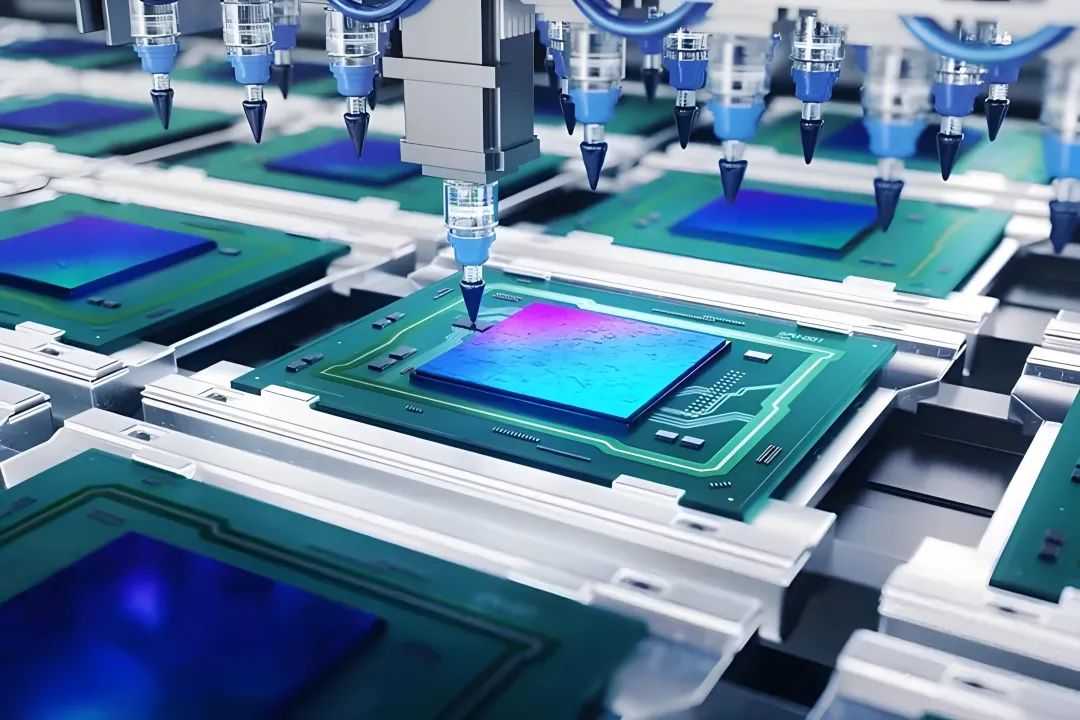In traditional industries, South Korea’s prowess is undeniable. Hyundai and Kia lead the global automotive market with innovative designs, fuel - efficient engines, and a rapid expansion into electric vehicles (EVs). Meanwhile, Samsung and SK Hynix control over 60% of the global DRAM market and a significant share of NAND flash memory production, making South Korea a linchpin in the global semiconductor supply chain. These companies’ investments in advanced chip fabrication, like 3 - nanometer technology, have solidified the nation’s role in digital infrastructure.
South Korea’s push into cutting - edge sectors reflects its strategic vision for the future. In aerospace, the government aims to become a top - 10 player by 2030, supporting initiatives like the development of indigenous fighter jets (KF - 21) and civilian aircraft. The country also excels in marine technology, leveraging its shipbuilding heritage to innovate in deep - sea exploration and sustainable aquaculture. In healthcare, Korean biotech firms focus on gene therapy, AI - driven diagnostics, and personalized medicine, while advancements in 5G and 6G communication technologies position the nation as a leader in smart city infrastructure and digital connectivity. With its blend of established expertise and ambitious R&D goals, South Korea’s technological evolution showcases its adaptability and determination to remain at the forefront of global innovation.










